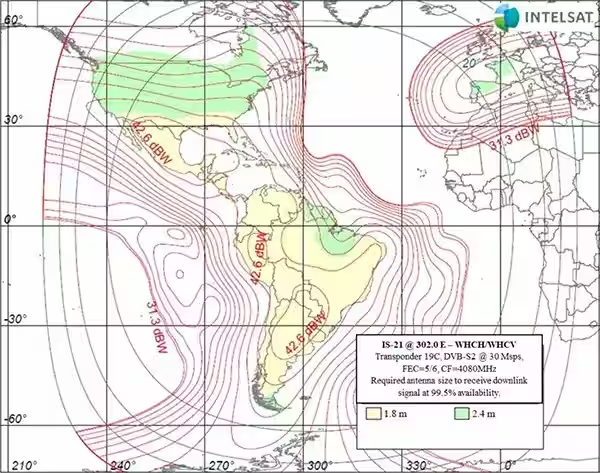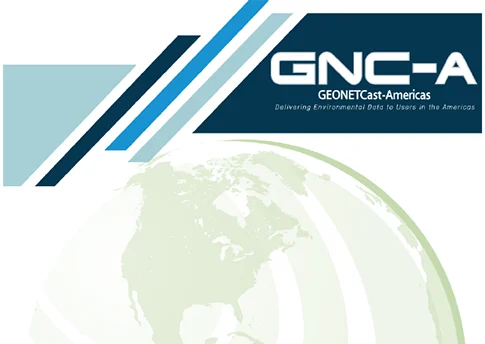
GEONETCast Americas (GNC-A) is the Western Hemisphere component of GEONETCast, a near real time, global network of satellite-based data dissemination systems designed to distribute space-based, air-borne and in situ data, metadata and products to diverse communities.
This user-driven, user-friendly and low-cost information dissemination service aims to provide global information as a basis for sound decision-making in a number of critical areas, including Biodiversity and Ecosystem Sustainability; Disaster Resilience; Energy and Mineral Resources Management; Food Security and Sustainable Agriculture; Infrastructure and Transportation Management; Public Health Surveillance; Sustainable Urban Development and Water Resources Management. Accessing and sharing such a range of vital data will yield societal benefits through improved human health and well-being, environment management and economic growth.




